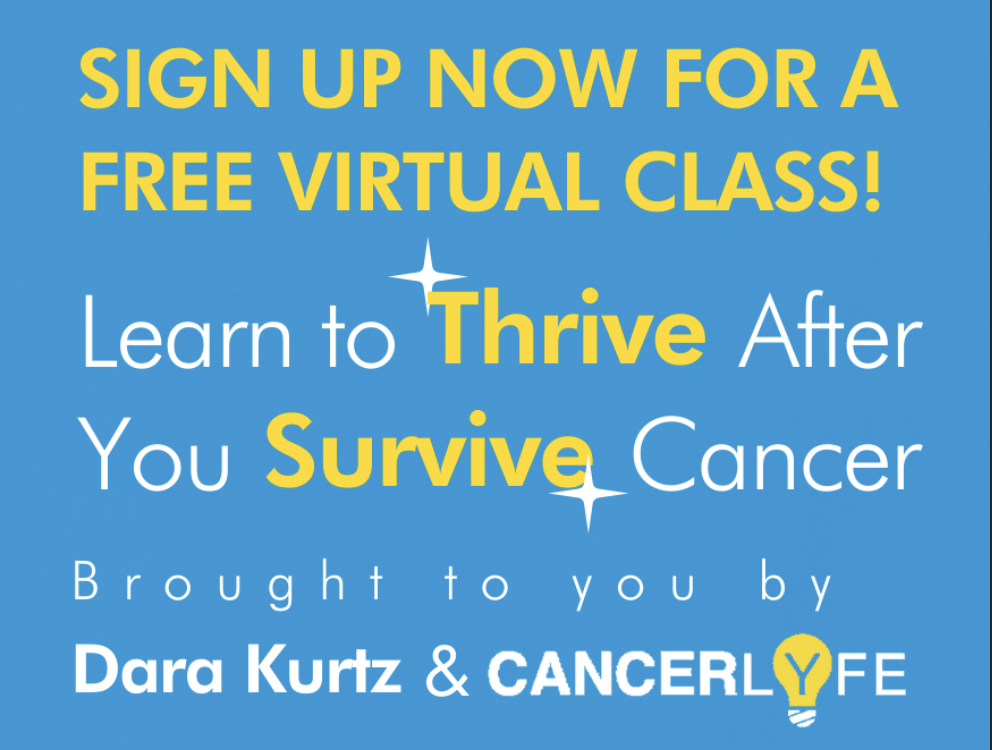Fine. It’s a word I’ve come to mostly despise. As in me posting my 30th chemotherapy session on Facebook, and a friend from college commenting, “It will be fine.” I called my best friend sobbing; “Of all of the things that having poison pumped into your veins for the 30th time isn’t, it’s fine.” (By the way, that was 25 chemos ago…)
Or as in a colleague seeing me at the grocery store and asking, “How are you doing?” I replied with my stock response, “I’m hanging in there.” And then she says, “But you had a clear scan, so you’re fine, right?” I couldn’t even deal with that, so I just responded, “I wish it were that easy.”
Or running into a neighbor at breakfast, and her celebrating my recent chemo break, which has been nice. She asked, “So how are you doing?” I said, “I’m using this time to rehabilitate my life from all of the damage from cancer and chemotherapy.” She stared at my blankly, threw her hand at me, laughed, and said, “Well you look great, so I’m sure you’ll be fine.”
I don’t provide these examples to diminish the good intentions of well meaning, caring people. I provide them to illustrate the complexities of cancer and the fear that cancer evokes. To be blunt, people either have you “dying” or “fine.” If people are concerned that you’re dying (a metaphor for existing in a very fragile state) then you get cards, texts, calls gifts, and herculean efforts of support. If you’re “fine” (a metaphor for magically cured), then you’re off their radar – compartmentalized into the “I don’t have to worry about her, so I’m moving on to my next thing – like how to get my kid to soccer practice.”
THE GOOD, THE BAD, AND THE UGLY.
To address the fear part: Cancer IS about the scariest word in the English language. You don’t want it, you don’t want to hear it, and unfortunately a lot of people don’t want to be around it. My heart always goes out to my atheist/agnostic cancer warrior friends who post on social media about their complications, and they get the comment of “Prayers.” Unfortunately, in their world, prayers don’t do much good for them. I’d much rather see a comment of “Meals” or “Laundry” or “Errands,” meaning “I won’t offer you prayers since you don’t acknowledge those, but I WILL offer you meals, laundry, or errands.” It seems like any of those three would go a lot further for those folks. Is it easier to just say “prayers”? And then some folks don’t have to deal with the ugliness of actually being around cancer and witnessing first hand its deleterious effects? Is it plain and simple a cop out? I’ve been blessed and fortunate to have received all of the above, and all have worked wonders for my recovery. I just think that the contribution should suit the one in need. And being a true friend means knowing that person’s belief and value system intimately enough to give them something that would actively promote their healing.
It leads to a larger discussion of dealing with good news vs. bad news. We see on social media that images of puppies, beautiful people, and joy get the most “likes,” while suffering, despair, and despondency get crickets. I’ve seen this first hand on my posts. When things are good, everyone is happy. When things are bad, no one knows what to do and they panic. Panic most always leads to ineffective behavior or even no action whatsoever. When I post bad news, and I get zero response, I feel lonely, unloved, and abandoned. What bridges the gap? Education. I used to get angry and frustrated. Now I use this as an opportunity to educate. Don’t do what’s easy – step up, show up, and do what works.
WHAT YOU SHOULD KNOW…
Let’s go back to cancer. Here are a few basic need-to-knows about cancer: first, it’s NEVER fine. It is insidious, and a cancer diagnosis stays with you for life. Yes, you celebrate milestones of getting past it at its various stages, but the fear of recurrence is always with you; every second of every minute of every day. AND the physical, mental, and emotional effects of pumping actual poison (or radiation or cutting up your organs) into your body to eradicate the cancer NEVER go away. They say 1 year of chemotherapy ages you 10 years. Well, folks, I can personally attest to that factoid.
To review my examples, what should these people have said? About the 30th chemotherapy session: “I know they never get easier. I am thinking of you today.” About the clear scan: “That’s great news! Hope it continues to go well!” About rehabilitating my life: “I can’t even imagine (or if you are a fellow survivor), I understand. Hope every day you feel stronger!”
More people are battling cancer and thankfully more people are surviving cancer than ever before. Cancer totally sucks but coming together to seek a deeper understanding of this disease and how we can best know how to help those in greatest need can surely bring us all “closer to fine.”
Originally posted on Stacy’s blog.
